Remembering Mike Tolinski—
writer, artist, engineer, humanitarian, and so much more
Previous Article Next Article
By Sue Milazzo Wojnicki
“And when you discover what you will be in your life, set out to do it as if God Almighty called you at this particular moment in history to do it. Don’t just set out to do a good job. Set out to do such a good job that the living, the dead or the unborn couldn’t do it any better.” —Dr. Martin Luther King
Remembering Mike Tolinski—
writer, artist, engineer, humanitarian, and so much more
Previous Article Next Article
By Sue Milazzo Wojnicki
“And when you discover what you will be in your life, set out to do it as if God Almighty called you at this particular moment in history to do it. Don’t just set out to do a good job. Set out to do such a good job that the living, the dead or the unborn couldn’t do it any better.” —Dr. Martin Luther King
Remembering Mike Tolinski—
writer, artist, engineer, humanitarian, and so much more
Previous Article Next Article
By Sue Milazzo Wojnicki
“And when you discover what you will be in your life, set out to do it as if God Almighty called you at this particular moment in history to do it. Don’t just set out to do a good job. Set out to do such a good job that the living, the dead or the unborn couldn’t do it any better.” —Dr. Martin Luther King
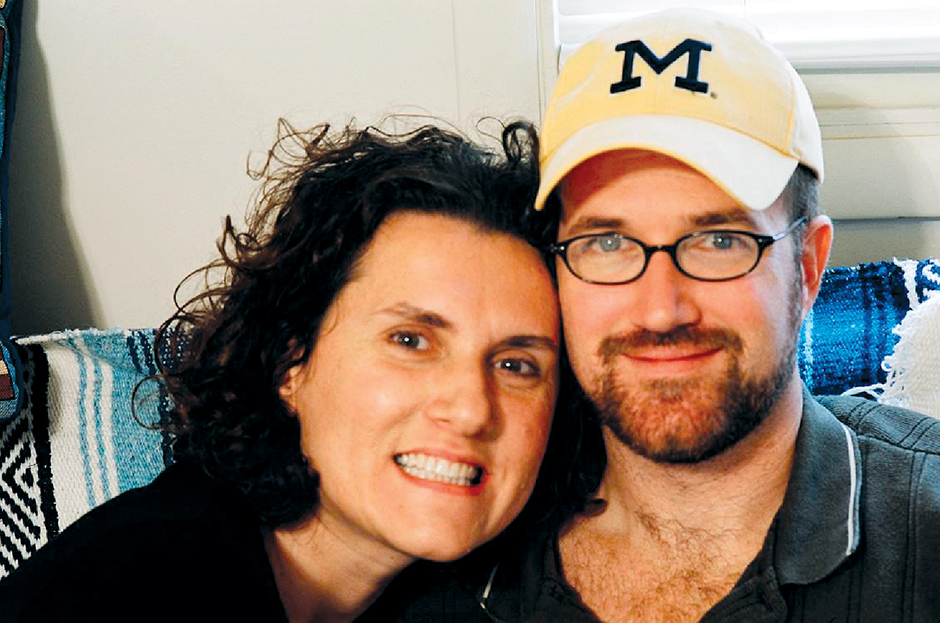
Shaqe and Mike.
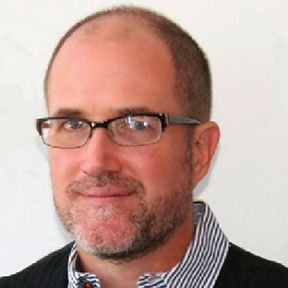
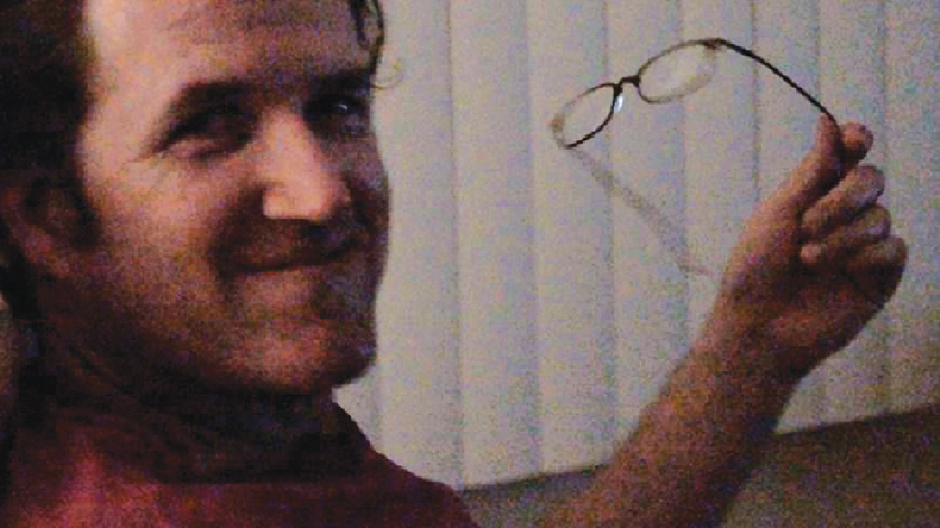
The following quote is from a Faulkner book that Mike loved. He carried around a tattered copy of it in his car, wherever he went.
“Nothing can destroy the good writer. The only thing that can alter the good writer is death. Good ones don’t have time to bother with success or getting rich.” —William Faulkner
The following quote is from a Faulkner book that Mike loved. He carried around a tattered copy of it in his car, wherever he went.
“Nothing can destroy the good writer. The only thing that can alter the good writer is death. Good ones don’t have time to bother with success or getting rich.” —William Faulkner
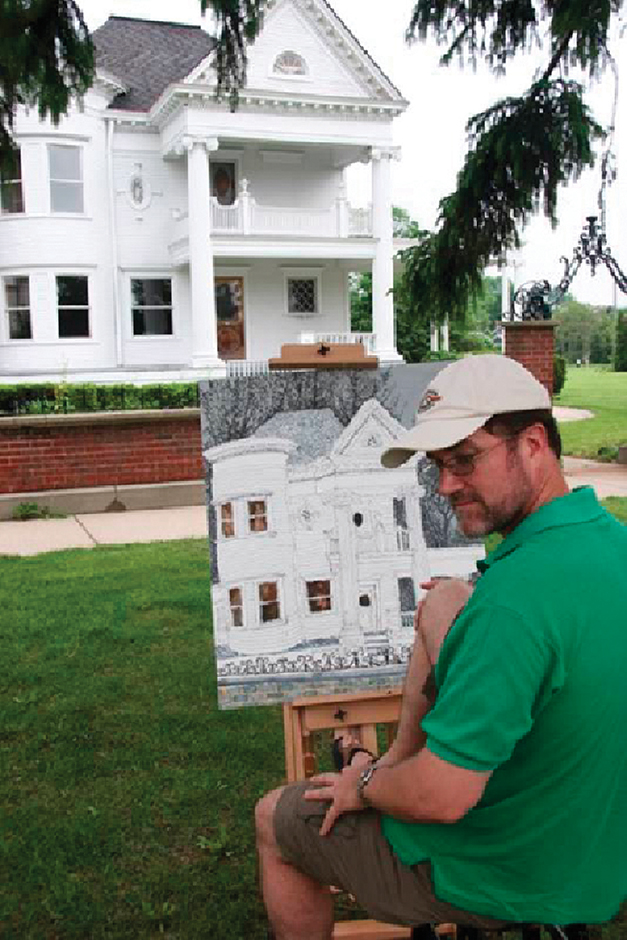
“Mike was professional and smart. His background made him a natural managing editor for Plastics Engineering, because his skills combined technical knowledge and communication. We didn’t consider ourselves competitors because our publications are very different. He impressed me with his news judgment and his grasp of the issues facing the plastics industry.” —Donald Loepp, Editor, Plastics News
“Mike was professional and smart. His background made him a natural managing editor for Plastics Engineering, because his skills combined technical knowledge and communication. We didn’t consider ourselves competitors because our publications are very different. He impressed me with his news judgment and his grasp of the issues facing the plastics industry.” —Donald Loepp, Editor, Plastics News
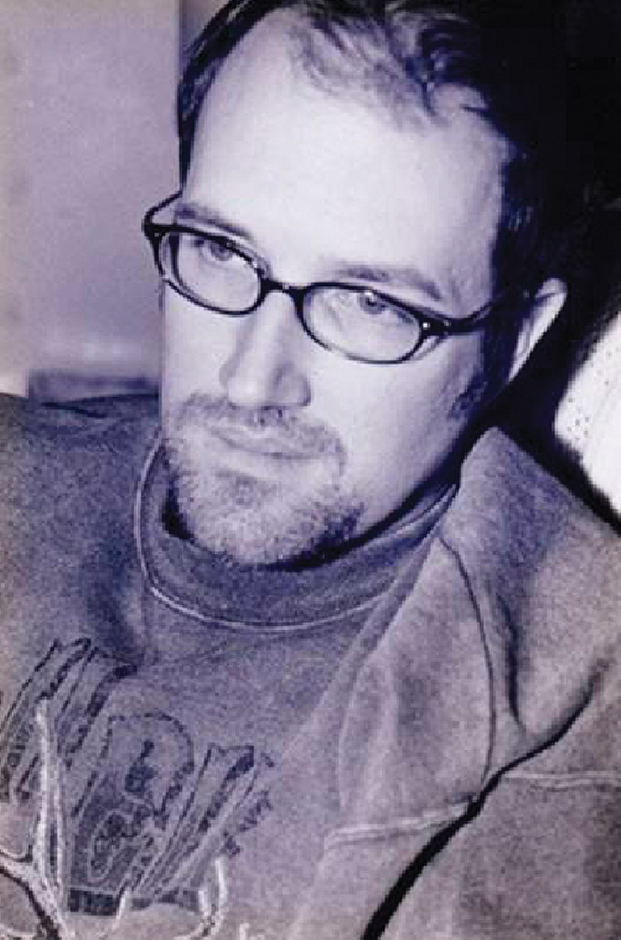
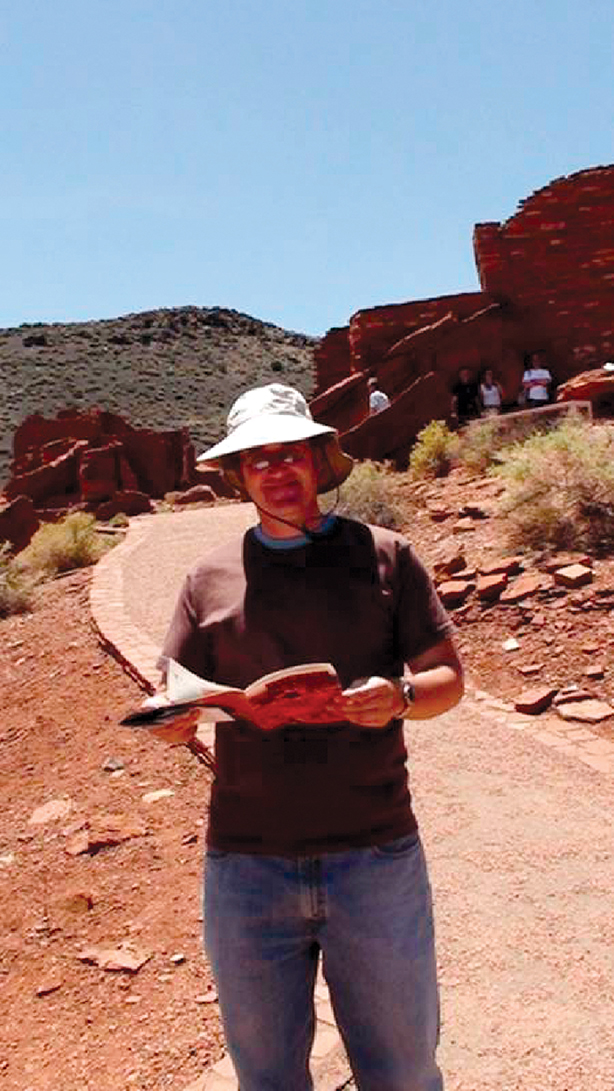
“Mike’s talent was unique in this industry. He possessed the engineer’s ability to understand the technical side of plastics with an artist’s creativity.” —Sue Wojnicki, SPE MarComm
Michael Tolinski, managing editor of Plastics Engineering, died unexpectedly of a heart attack on June 14 at his home in Northampton, Mass. We remember him here.
The above quote from Dr. Martin Luther King’s “What is Your Life Blueprint?” speech was one of Mike’s favorites. If you knew Mike personally or had the pleasure of working with him, you would also know that it epitomized his very being.
Not only did Mike strive to excel in all of that he did, but he also encouraged those around him to do so as well. And he always made himself available to help you be the best. “Mike was a very easy person to get along with,” stated Gerry Mercieca, Art Director for Plastics Engineering magazine. “He seemed to be very quiet whenever we talked, but he knew what he wanted or what needed to be done to put out a great magazine. We always worked well together. Over time we were able to put this magazine together very easily. We helped each other out in order to get the magazine done as effortlessly as possible.”
Mike had a complex personality. “He was a serious man who found great joy in deep discussions with good friends,” said Shaqe Kalaj, his partner of 14 years. “He understood that the greatest joy to be found in life was found in loving and caring relationships. Mike believed that the only life that he was guaranteed was this one on Earth. And he knew that it was important that he live his life to the fullest to cherish each and every day that he lived.”
He was an extremely intelligent man. In 1990 he graduated from University of Michigan with a bachelor’s degree in material science and engineering. He received his MA in English: Written Communication from Eastern Michigan University in 1999. He began his seven-year career as a material/manufacturing engineer in 1990. From 2000-2007 he taught in the College of Engineering at the University of Michigan. He started his editing and writing career in the plastics field in 1998, became the contributing editor to Plastics Engineering magazine in 2004, and its managing editor four years ago.
Mike’s talent was unique in this industry. He possessed the engineer’s ability to understand the technical side of plastics but he also embodied an artist’s creative side. This was key in helping him exceed at his job at SPE. “Mike was instrumental in the overhaul of Plastics Engineering magazine,” said SPE CEO Wim De Vos. “He could turn an article on a scientific subject into an interesting story for a broader engineering and business audience. And this did not go unnoticed: many readers complimented us with the improvements in the magazine and this was mostly thanks to Mike’s work. It is a big loss for the SPE community and even for our plastics industry.”
Mike loved to write. He published two books. His first was Additives for Polyolefins, in 2009. “He was deeply conscious about environmental issues and critically thought about them. He saw himself as a mediator between pro plastics and the environmental consequences of plastics in our world. He felt the plastics industry needed to utilize more sustainable practices.” said Shaqe (pronounced “SHA-cha”). “This was so important to him that he wrote Plastics and Sustainability in 2012.” One reviewer described his book as “an important and well-written resource for a broad audience, for professionals and non-professionals alike. “Mike felt a loss when his book did not get the attention that he had hoped.” Shaqe recalled. “My hope is that this book will be a resource to the future of plastics.” (Learn more: http://bit.ly/Plastics_and_Sustainability).
When asked why Mike was successful as both a writer and an editor, De Vos replied, “He tried to bring together the best of both worlds between the emerging and traditional materials side of our industry. This is also how we will remember him – always trying to bring together different viewpoints or solutions for the benefit of the reader and even our industry.”
Mike was much more than what you saw as a professional person. “He was a lover of all things beautiful, an aficionado of classical music and literature, a humanist, an environmentalist, a hiker, an existentialist, a philosopher, a football fan, a runner, a romantic, a vegetarian, and a supporter of the arts. Mike was a polymath; he was uncommonly skilled in many different areas,” said Shaqe. “Mike also wrote a memoir of our experiences of running an art gallery together in Plymouth, Michigan (2009-2012), completed a novel, and wrote a book of poetry.”
In addition to Shaqe, he leaves two older brothers: Ray, his wife Margo, and their three boys Brandon, Brian and Brett; and Ed, his wife LeeAnn, and their two boys Joshua and Justin. “He had a special relationship with his nephews, who will always remember Mike as more than an uncle. He was also a mentor and a friend,” recalled Shaqe. Mike also leaves behind his pet cockatiel, Besa. He is pre-deceased by his parents, Raymond and Helen (Fulan).
Mike grew up in South Lyon, Mich., a small town north of Ann Arbor. His two brothers like to tell this story. “Like most kids growing up in that part of the country, Mike was a football fan. He went to a small high school, and he was a starter on the school football team. Mike also loved music, and he played in the school band. So, at every game, Mike would start the first half as an offensive lineman. Then, at half-time, when the rest of the team went into the locker room, Mike stayed on the field, took off his football jersey, put on his band uniform, and performed with the rest of the band in the half-time show. After he was done, Mike changed back into his football uniform, ready to play with the team in the second half of the game. In the years that followed, Mike comfortably blended into just about any environment or group of people.”
Despite his many talents, there was nothing remotely pretentious about Mike. His family knew that he was really smart early on. His brothers state: “When Mike was about five years old, our grandfather nicknamed him ‘The Professor’. Yet, Mike never acted professorial with us or his friends. He could speak with anyone about pretty much anything without ever making the other person feel anything less than an equal partner in the conversation.” In his honor, Shaqe started the “The Michael J. Tolinski Legacy Project.” This web- and print-based project will be exhibited in museums, galleries and non- art spaces. For more information or to participate, please go to http://www.4spe.org/mjtolinskilegacyproject.
Donations also can be made in Mike’s honor to Vine Sanctuary, a refuge for animals who have escaped or been rescued from the meat, dairy and egg industries or other injurious circumstances, such as cockfighting and zoos. Sanctuary residents include chickens, cows, ducks, doves, geese, pigeons, sheep, emus and even a few parakeets. For more information or to make a donation please go to http://vine.bravebirds.org.
For more industry reaction or to post your own thoughts about Mike, go to SPE’s The Chain forum: http://bit.ly/Remembering_Mike